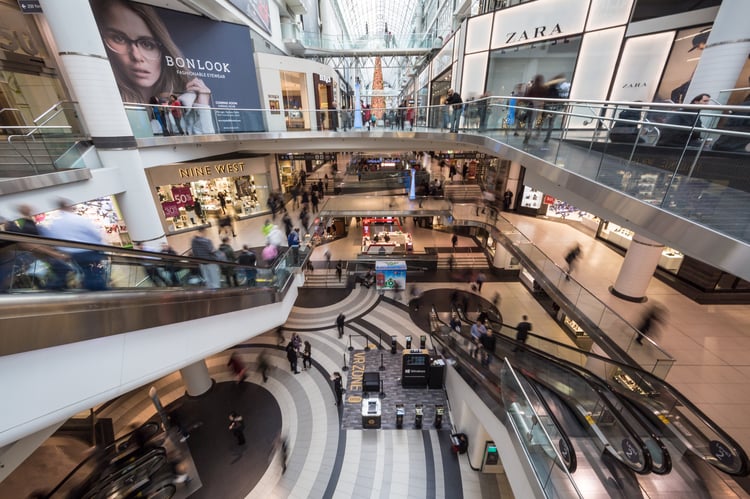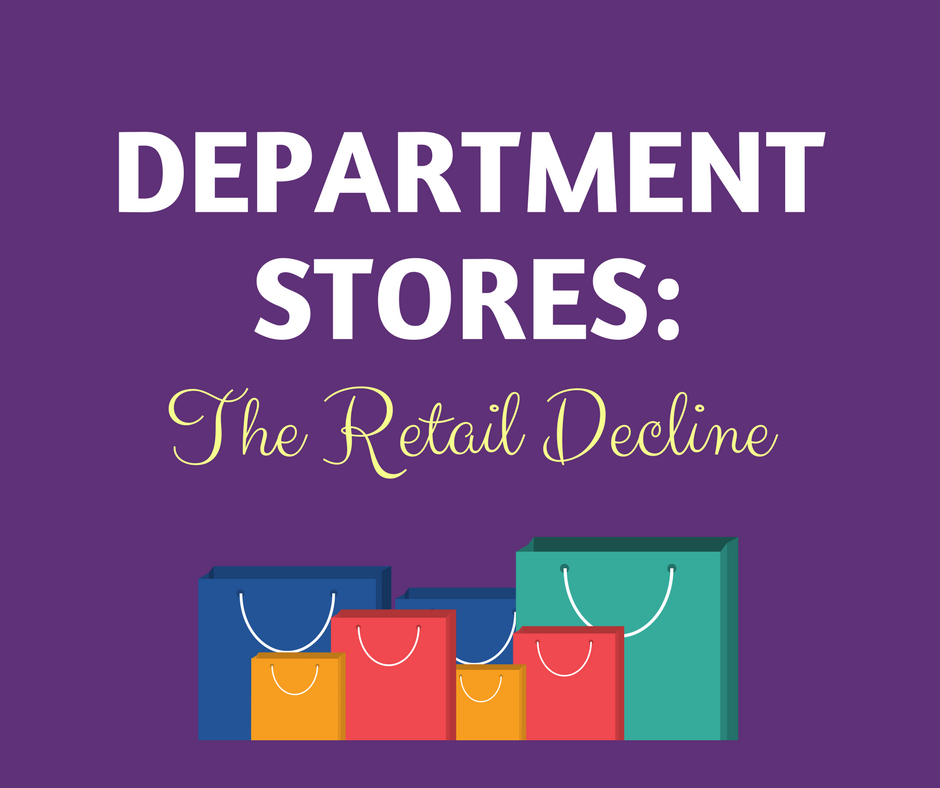Are Your Retail Innovations Delivering? Let Mystery Shopping Decide
You’ve probably noticed it: shopping doesn’t look like it used to. As customer expectations evolve, stores are getting smarter, checkout lines are...

From malls in the suburbs to the shops lining Times Square, the future of retail is changing - and fast. With already nine retail bankruptcies in 2017 the future of department stores is looking pretty bleak. Where people were once excited to spend money at their local malls, times have changed - even just five years ago Sears had 2073 stores, but today they only have 1500.
Business Insider went to look at a Sears store one afternoon and noticed that after passing the front displays, the quality of appearance started to drop. There was a lack of proper signage, organization, and cleanliness, and a lot of unsorted merchandise, empty racks and displays, and damaged merchandise.
While that type of store maintenance might be contributing to the changes in retail, it seems as though it has to be more than that.
Is this something else we can blame on millennials? Sort of, but it goes beyond that. There are two main reasons why malls and department stores are seeing this type of decline:
We’re living in the age of Amazon, and with everyone’s busy schedules more people are finding it convenient to shop online where things can be delivered to their door in a matter of days - sometimes even hours. Online retailers are offering convenience that cannot be found from traveling to a store and providing consumers with even more variety at a low cost.
The second reason for the decline in brick and mortar retail sales comes from where people are choosing to spend their hard earned money. There is now less of an importance on accessories and clothing, and instead people are looking to other things. People are more interested in spending money on experiences, as opposed to possessions, and that comes in a variety of different forms.
While there are many factors contributing to the retail decline, technology can help brands continue to thrive in this disrupted era of retail by constantly working on improving the customer experience, and prioritizing the items that matter most to consumers.
Mobile forms and checklist software allows managers to create checklists for employees to complete regularly throughout their shift. Checklists can consist of any retail operational process such as ensuring that proper signage is in place, displays are stocked and stores are clean. Ensuring these processes are completed regularly could have a large impact on the shopping experience and help companies avoid being impacted by the retail decline.
In order to stand out against your competitors and avoid any negative impacts caused by this evolving retail era, it's crucial your locations deliver consistent, exceptional customer experience. Mystery shopping provides insights into how your current standards are being followed, and identifies areas of excellence and those in need of improvement. Implementing a mystery shopping program to evaluate your levels of service from the consumer's perspective will help ensure that your locations are adhering to brand standards and giving you the competitive edge you need.
Customer satisfaction surveys are a great way to determine if your customer expecations are in line with your internal standards. Eliciting feedback from customers tells you what they believe is important and you can then use this infomration to ensure that your standards meet theirs. If your customers are satisfied with the shopping experience and their visits to your stores, they will want to keep coming back to shop there - even when other options become available.
With sales down for some retailers, there are others who keep growing. Nordstrom is planning to open new stores in 2017, bringing more jobs and options to the retail space.
The good news is that with the constant advancements in technology, the way people allocate their money, or how they shop, things are always changing and evolving. Right now might be the age of mobile but that doesn't mean there aren't ways department stores can thrive in this omnichannel shopping era.

You’ve probably noticed it: shopping doesn’t look like it used to. As customer expectations evolve, stores are getting smarter, checkout lines are...

With the holiday season fast approaching, there’s no better time to ensure best practices are being followed across your stores. Deloitte predicts a...

Consistency is one of the hardest things to maintain in retail. Even with clear standards, two stores under the same brand can feel completely...
